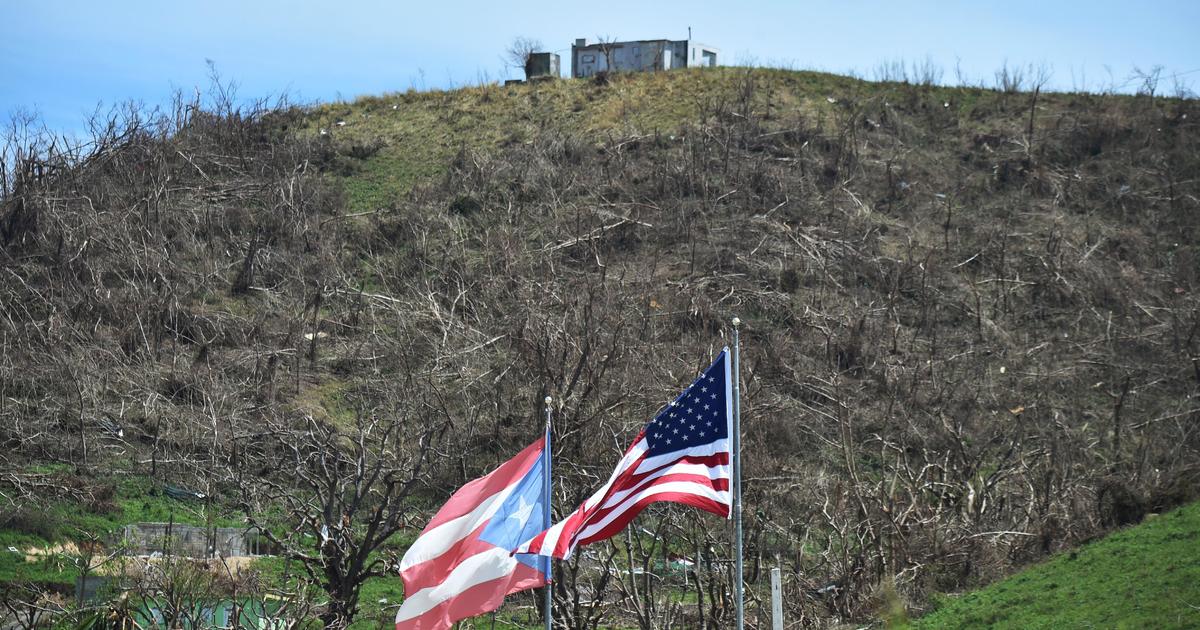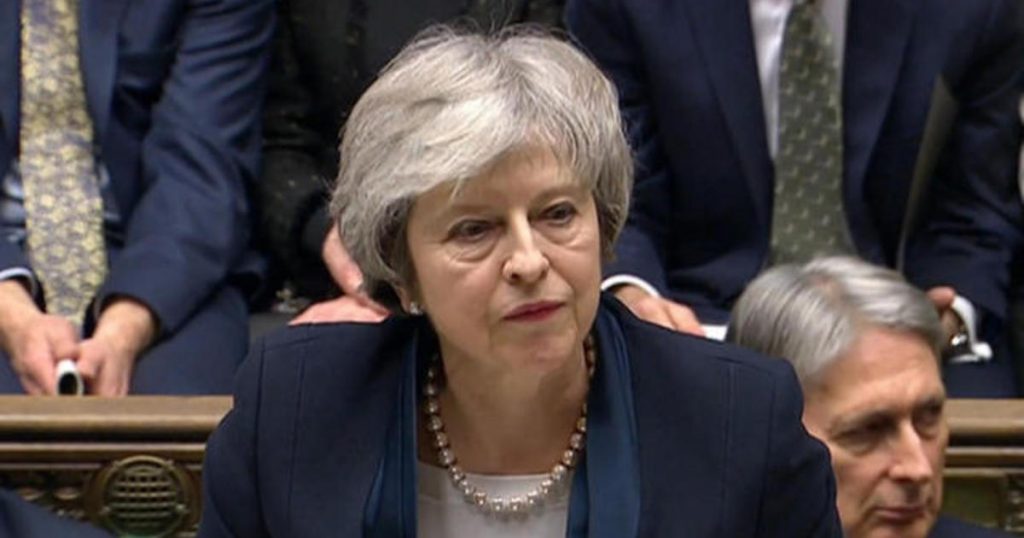
Washington — A bipartisan group of lawmakers will introduce legislation Thursday that would admit Puerto Rico into the union as the 51st state without a referendum on the island’s territorial status, four sources familiar with the situation told CBS News.
The bill will be unveiled by Florida Rep. Darren Soto, who represents parts of Orlando and its large Puerto Rican community, during a press conference in Washington, which will be attended by the island’s Gov. Ricardo Rosselló, a vocal supporter of Puerto Rican statehood. If enacted, the legislation would automatically trigger the island’s admission into the union, bypassing any referendum, the sources said.
“It is absurd that, in the 21st century, the world’s greatest democracy still possess territories in which citizens are not allowed the fundamental right to vote for their president. It is shameful and it must end,” a Puerto Rican government official told CBS News. “We applaud Rep. Soto for stepping up to right this wrong.”
In the past seven years, the Puerto Rican government has held two referendums on the status of the island. In both cases, voters chose statehood, but because any change in status requires Congressional approval, the results were symbolic.
Although it could secure passage in the Democrat-controlled House, the legislation will almost certainly be opposed by the Trump administration and the Republican-controlled Senate. President Trump said last year he is an “absolute no” on Puerto Rican statehood, as long as critics such as San Juan’s mayor remain in office.
Two Democratic Congressional sources told CBS News the measure will allow the party to send a clear message on Puerto Rico during a time when they believe the federal government is mistreating the U.S. territory, which is still recovering from a pair of powerful storms and grappling with decades of financial instability.
Since Hurricane Maria devastated the island in 2017, Congressional Democrats and many elected officials in Puerto Rico, home to approximately 3.2 million U.S. citizens, have accused the Trump administration of treating Puerto Ricans like second-class citizens. The White House’s handling of recovery efforts in the aftermath of hurricanes María and Irma have been sharply criticized by some local residents, leaders and most Democrats in Congress.
On Tuesday, several media outlets reported Mr. Trump privately told Republican senators he opposed further disaster aid to the island because he believed the U.S. territory received too many federal relief funds compared to states like Texas and Florida, which have also been battered by storms in the past two years.
Puerto Rican leaders have also denounce the administration for considering diverting disaster relief funds to finance the president’s long-promised wall along the U.S.-Mexico border and opposing $600 million in food assistance funding, which the White House called “excessive and unnecessary.”
Because the bill would not include a referendum in which voters can opt for the change in territorial status, if any, that they desire, the legislative effort will likely be met with fierce opposition from some political leaders, citizens and groups, including pro-independence movements and people who want voters to make a decision before any change in territorial status.
For decades, the Caribbean island has faced a perpetual struggle over questions of self-determination, which dates back to the late 19th century, when the U.S. acquired the territory after the Spanish-American War.
Puerto Rico currently only has a non-voting member serving in the House of Representatives. Statehood would grant Puerto Rico Congressional representation in both the Senate and House as well as a stronger influence in presidential elections.
Because they don’t have voting representation in Congress, voters living in Puerto Rico and other U.S. territories are not entitled to electoral votes. Despite having non-voting representation in Congress, voters in the District of Columbia have been able to cast ballots in presidential elections since the 23rd Amendment was ratified in 1961.

